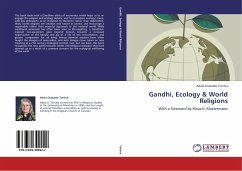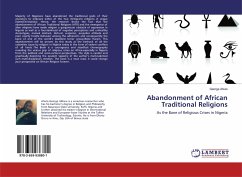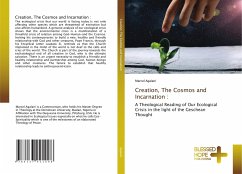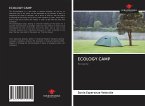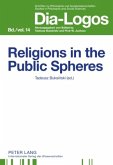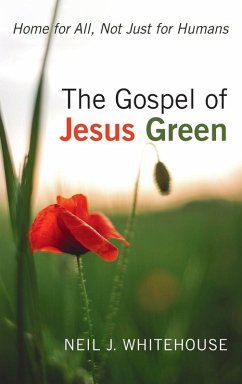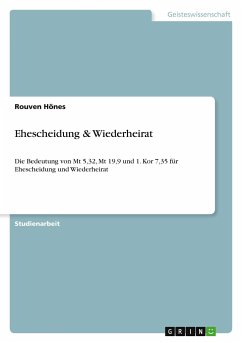This book deals with a Gandhian ethics of economics which helps us to re-engage the religion and ecology debate, and to re-envision ecology's more-with-less philosophy as an invitation to liberation rather than deprivation. Many world religions see creation and nature as sacred, and encourage a responsible rather than wasteful approach to the material world. While traditional asceticism has often been seen as life-negating, a Gandhian-inspired neo-asceticism goes beyond kenosis towards a renewed appreciation of the beauty and joy of a life of less consumption, and greater compassion for all living beings. Spiritual masters have often taught the dangers of materialism, and such dangers have taken on new meaning in a 21st century ecological context. Last, but not least, this book recognizes the new paths towards better interreligious dialogue that have opened up as a result of a common concern for the ecological well-being of the earth.
Bitte wählen Sie Ihr Anliegen aus.
Rechnungen
Retourenschein anfordern
Bestellstatus
Storno

